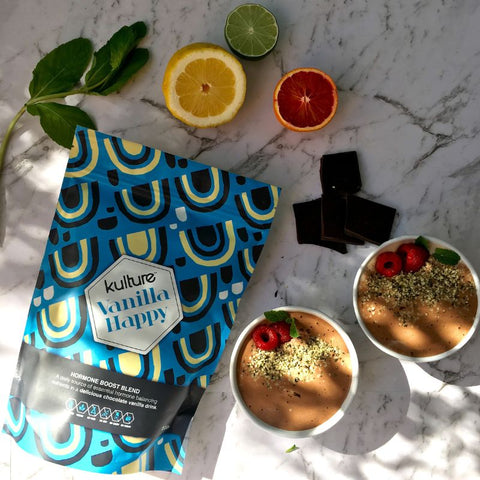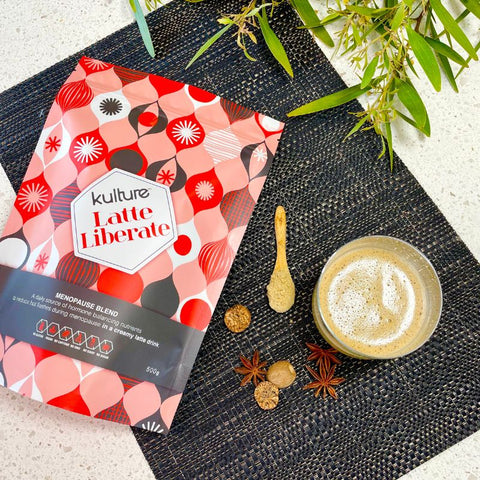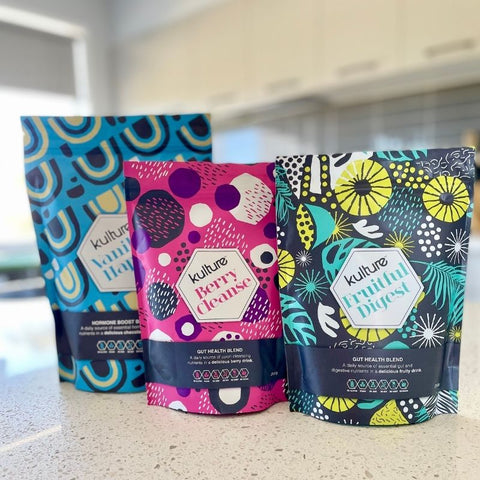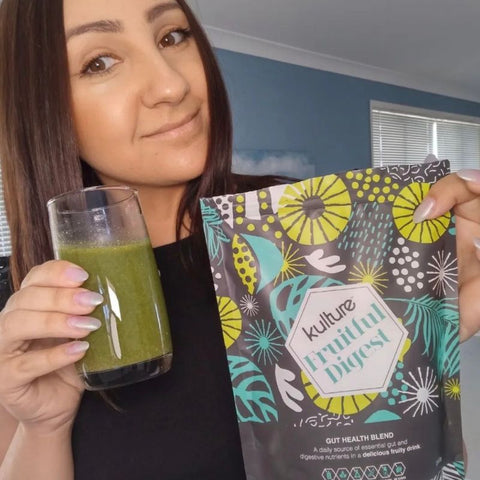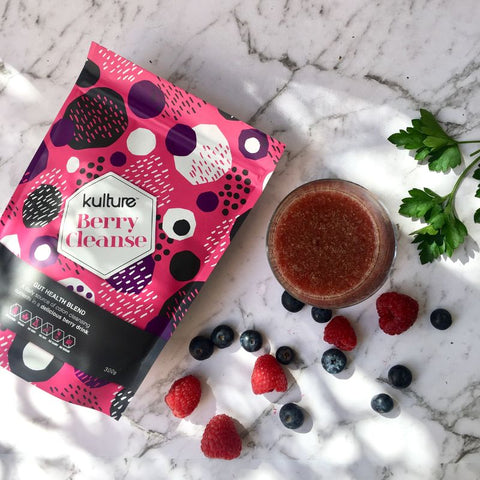In the early 80’s, there was a proliferation of low fat and nonfat food items in grocery aisles that are said to keep our weights in check. We made fat the enemy. The prevailing dietary and medical advice was to stay away from fats at all cost as it will cause an expansion of our waistlines and a host of other problems - until now.
Now, we’re singing a different tune. Fat is no longer the evil we imagined it to be. Studies show that fat helps keep us full and helps our bodies absorb more vitamins and minerals.
Which fats should we eat?
Not all fats are created equal. The unsaturated, specifically monounsaturated fats and polyunsaturated fats found in foods like: olive oil, safflower oil, peanut oil and corn oil are potentially helpful dietary fats. They remain liquid at room temperature as opposed to saturated fats and trans fats that are solid at room temperature (like shortening, pork fat and stick margarine).
The fear of fat has been debunked. But of course it would be wise to eat just a healthy amount. The age old adage applies: everything in moderation.
Full fat keeps you feeling full for longer
Now let’s talk about full fat milk versus low fat or nonfat milk. Which is healthier? To answer that let’s take a look at how low fat milk is made. To reduce the fat in whole milk, it is placed into a machine that spins out the fat globules. These fat globules are then taken out or “skimmed” out to reduce the fat in full fat milk. Since low fat milk has less dairy fat in it, it doesn’t keep you as satiated for longer compared to full fat milk. Fatty foods take longer to break down inside your stomach, so products with some natural fat will likely keep you full for longer.
Skim milk has more sugar
Fats in dairy are complex and contain more than 400 fatty acids. Some of these (along with vitamins and minerals) are lost when the fat content of whole milk is reduced. To keep the nutrients that are lost in the “skimming” process, low fat milk is fortified with nutrients. But that’s not the only thing that gets added in - sugar is also added to give it more flavour.
We really shouldn’t shy away from fat, especially if it comes from a natural source such as whole milk. Fat is a stable source of energy, and, unlike sugar, it won't necessarily make you fat. What we should really be careful about is the amount of sugar we incorporate in our diets. So go ahead and drink a small glass of full fat milk. Remember that variety and healthy balance is the key to a good diet.




